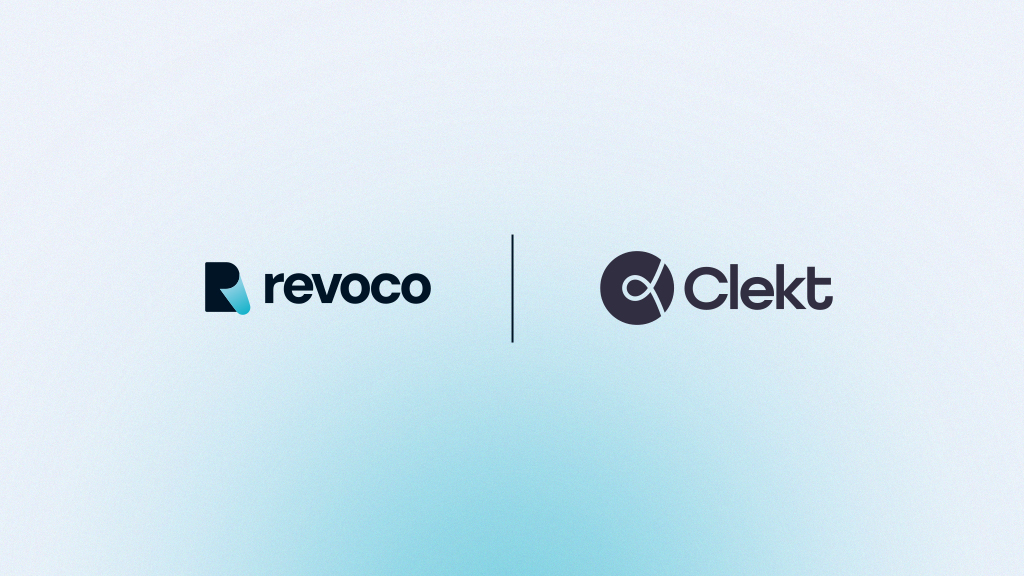After years of driving IT modernisation from within, today’s CIOs are now shaping business strategy itself. CIO’s latest State of the CIO 2025 report shows that 82% of CIOs are leading digital transformation initiatives, and 77% have direct partnerships with their CEO and board.
This is great news. The CIO of today may have reached the role in many ways, from technology and programming to specialist IT project management or operational leadership. These leaders combine analytical thinking with hands-on experience, and it’s about time their unique perspectives were given a permanent seat at the table.
However, it also means the CIO role has never been tougher.
The remit has expanded from keeper of IT to driver of enterprise strategy. It’s no longer just about maintaining uptime, ensuring cybersecurity, or implementing systems. It’s about data monetisation, AI integration, influencing cultural change, and leading multiple teams through continuous transformation.
The 7 key traits for the modern CIO
So, what does great leadership look like in this new era?
Here are seven traits defining the modern CIO, a must-read for both aspiring CIOs and the boards looking to hire them.
1. Vision
The best CIOs are storytellers. They can paint a clear, commercial vision of how technology drives growth, not just efficiency. They translate AI potential and data insight into outcomes the board cares about.
2. Adaptability
AI, regulation, customer behaviour and more all move faster than the org chart can. The modern CIO embraces agility, isn’t afraid to learn in public, and leads teams through continuous evolution rather than sticking rigidly to fixed programmes.
3. Commercial awareness
CIOs no longer just run IT; they run revenue enablers. Understanding margin, risk and ROI is now as important as understanding cloud architecture. A CIO without sound commercial awareness, and a clear grasp of how digital and IT impact the bottom line, EBITDA, or share price, has no place in the boardroom.
4. Empathy
As automation reshapes teams and roles, empathy has become a strategic skill. Leading any kind of transformation means leading people through uncertainty. The shift that digital transformation brings requires trust, transparency, and emotional intelligence.
5. Collaboration
The days of IT operating in isolation are gone (thank goodness). Modern leaders understand the strategic, all-encompassing value of technology. As a result, today’s CIOs work shoulder to shoulder with Marketing, HR, Finance, and Operations to design truly connected experiences and strategies.
6. Data fluency
Data is now the new revenue line. CIOs who can move their organisations, both practically and culturally, from simply collecting data to using it ethically, intelligently and creatively will be the ones who stand out.
7. Change leadership
Transformation fatigue is real. Great CIOs are culture shapers as much as technologists, capable of motivating teams and inspiring belief when the pace of change feels relentless.
Why these traits matter
As the CIO role grows in influence, these traits are becoming non-negotiable. Organisations hiring digital leaders need to look beyond technical credentials and focus on emotional intelligence, communication, and commercial foresight.
The modern CIO is part technologist, part strategist, and part human connector, and balancing all three has never been harder.
Looking ahead
This evolution presents a huge opportunity. The next generation of CIOs is already in your organisation, in your data teams, amongst your operations managers and digital project leads.
When hiring or succession planning, look out for people who show curiosity, adaptability, and (most of all) the confidence to connect technology with business value. Some of these traits are innate, while others can be taught, mentored, and drawn out with the right support. Investing in that potential now is how businesses build resilient, future-ready leadership, and ensure their next CIO is already one step ahead of change.



